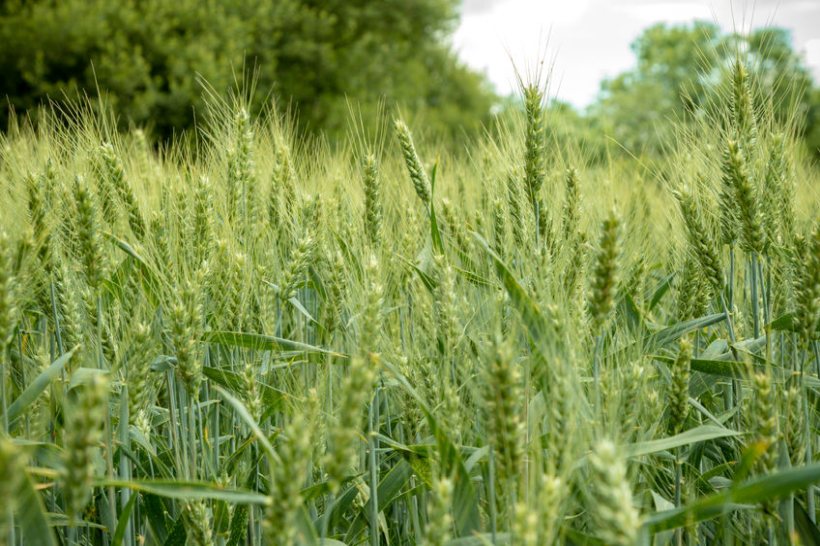
British researchers have found a way to commercialise 'priming chemicals' that can be used as a crop protection technology to boost the immune system of plants.
The chemicals increase the resistance of plants and enable a faster and stronger defence reaction against pests and diseases.
This alternative crop protection strategy offers long-term immune protection for plants unlike more popular pesticides, scientists at the University of Sheffield claim.
A large proportion of global crop yield is lost to plant pests and diseases every year and whilst pesticides help to reduce these losses, there is increasing worry about their environmental impact.
Chemical priming agents have so far not reached their full economic potential due to the undesirable effects they have had on plant growth and crop yield.
But the university's Institute for Sustainable Food has found ways to exploit methods for producing chemical primers that minimise any effects on plant growth.
The research has also identified hydroponic cultivation of vegetables in greenhouses or vertical urban farms as the most suitable commercial environments to exploit priming chemicals.
This is because of their vulnerability to outbreaks of pest and disease and the fact that these types of systems also allow for careful dosing of the priming chemicals.
The research will now be used to develop a commercially viable product for the agricultural sector.
Professor of Plant Environmental Signalling, Jurriaan Ton said there was an 'urgent need' for alternative and effective crop protection strategies.
"These strategies must not only be economically feasible for farmers, but also address consumer concerns about environmental sustainability and the potential health risks of chemical residues in our food.
“As well as using the chemical primers to coat seeds for planting, or adding to hydroponics systems we will also investigate which crop varieties that have the best response to these priming chemicals.
"This will allow crop breeding companies to select for varieties that have the best immune response to the most pervasive pests and diseases affecting farming today.”
